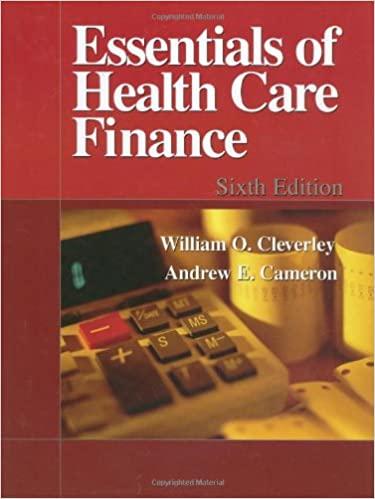
Drilling-Easy (DE) Inc. currently has two products, low-priced drills and a line of smart drill bits. DE Inc. has decided to sell a new line of high-priced drills. Sales for the new line of drills are estimated at $18 million a year. Annual variable costs are 60% of sales. The project is expected to last 10 years. In addition to the production variable costs, the fixed costs each year will be $2,000,000. The company has spent $1,000,000 in a marketing and research study that determined the company will gain $11 million in sales a year of its existing line of smart drill bits. The production variable cost of these sales is $9 million a year. The plant and equipment required for producing the high-priced drills costs $12,000,000 and will be depreciated down to zero over 20 years using straight-line depreciation. It is expected that the plant and equipment can be sold for $2,000,000 at the end of the project . The project will also require an increase in net working capital of $3,000,000 today that will be returned at the end of the project. The tax rate is 30 percent and the require rate of return for this project is 16%. a. What is the initial outlay (10) for this project? The Initial Outlay is $(Round your answer to the nearest dollar - no decimals - and commas are required to separate thousands and millions. Use negative sign for negative cash flows - do not use parenthesis). b. What is the operating cash flows (OCF) for each of the years for this project? The OCF for each year of the project are $(Round your answer to the nearest dollar - no decimals - and commas are required to separate thousands and millions. Use negative sign for negative cash flows - do not use parenthesis). c. What is the termination value (TV) cash flow (aka recovery cost or after-tax salvage value, or liquidation value of the assets) at the end of the project? The termination value at the end of the project is $(Round your answer to the nearest dollar - no decimals - and commas are required to separate thousands and millions. Use negative sign for negative cash flows do not use parenthesis) d. What is the NPV of this project? The NPV of this project is $(Round your answer to the nearest dollar - no decimals - and commas are required to separate thousands and millions. Use negative sign for negative cash flows - do not use parenthesis). Drilling-Easy (DE) Inc. currently has two products, low-priced drills and a line of smart drill bits. DE Inc. has decided to sell a new line of high-priced drills. Sales for the new line of drills are estimated at $18 million a year. Annual variable costs are 60% of sales. The project is expected to last 10 years. In addition to the production variable costs, the fixed costs each year will be $2,000,000. The company has spent $1,000,000 in a marketing and research study that determined the company will gain $11 million in sales a year of its existing line of smart drill bits. The production variable cost of these sales is $9 million a year. The plant and equipment required for producing the high-priced drills costs $12,000,000 and will be depreciated down to zero over 20 years using straight-line depreciation. It is expected that the plant and equipment can be sold for $2,000,000 at the end of the project . The project will also require an increase in net working capital of $3,000,000 today that will be returned at the end of the project. The tax rate is 30 percent and the require rate of return for this project is 16%. a. What is the initial outlay (10) for this project? The Initial Outlay is $(Round your answer to the nearest dollar - no decimals - and commas are required to separate thousands and millions. Use negative sign for negative cash flows - do not use parenthesis). b. What is the operating cash flows (OCF) for each of the years for this project? The OCF for each year of the project are $(Round your answer to the nearest dollar - no decimals - and commas are required to separate thousands and millions. Use negative sign for negative cash flows - do not use parenthesis). c. What is the termination value (TV) cash flow (aka recovery cost or after-tax salvage value, or liquidation value of the assets) at the end of the project? The termination value at the end of the project is $(Round your answer to the nearest dollar - no decimals - and commas are required to separate thousands and millions. Use negative sign for negative cash flows do not use parenthesis) d. What is the NPV of this project? The NPV of this project is $(Round your answer to the nearest dollar - no decimals - and commas are required to separate thousands and millions. Use negative sign for negative cash flows - do not use parenthesis)







